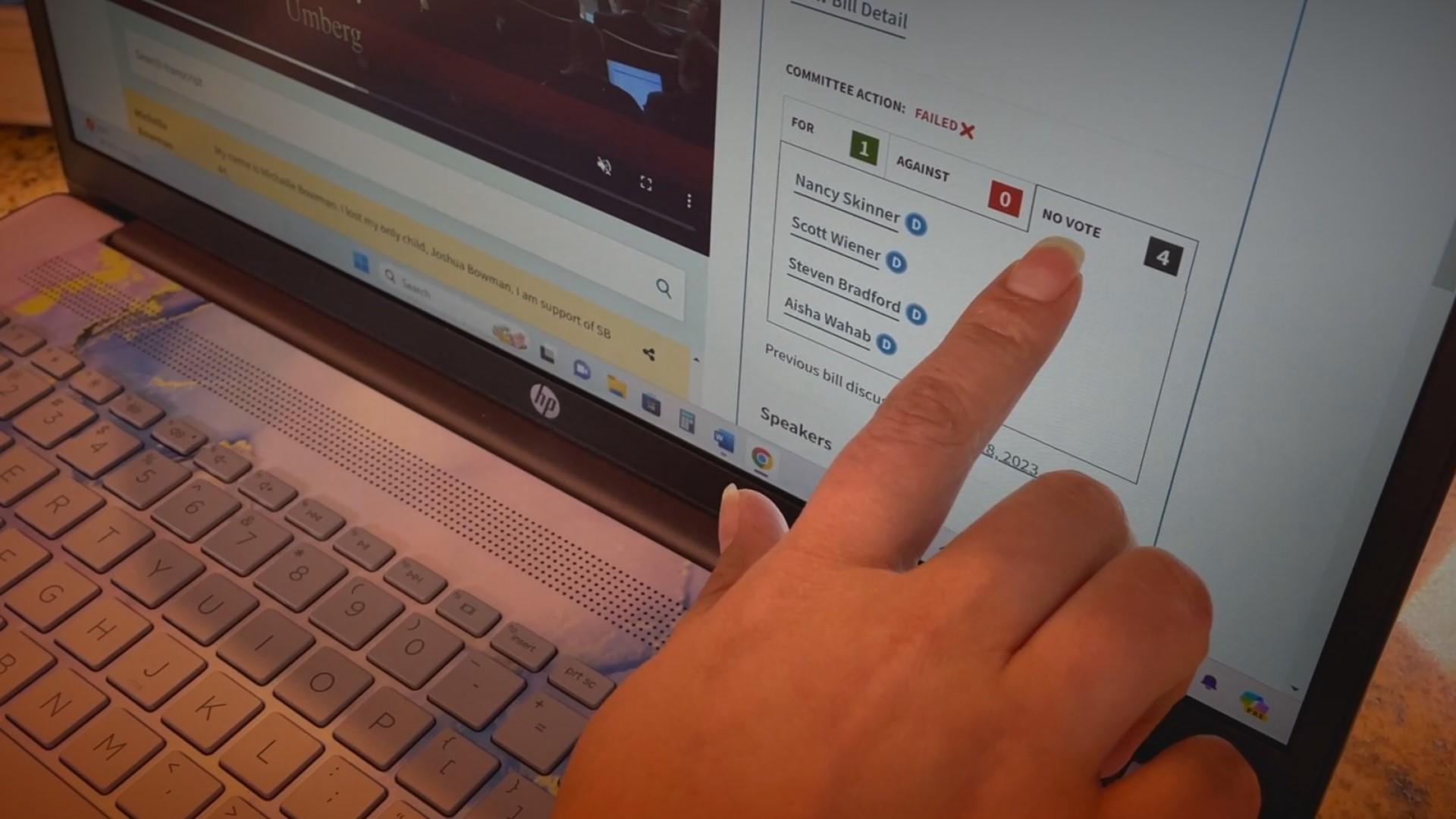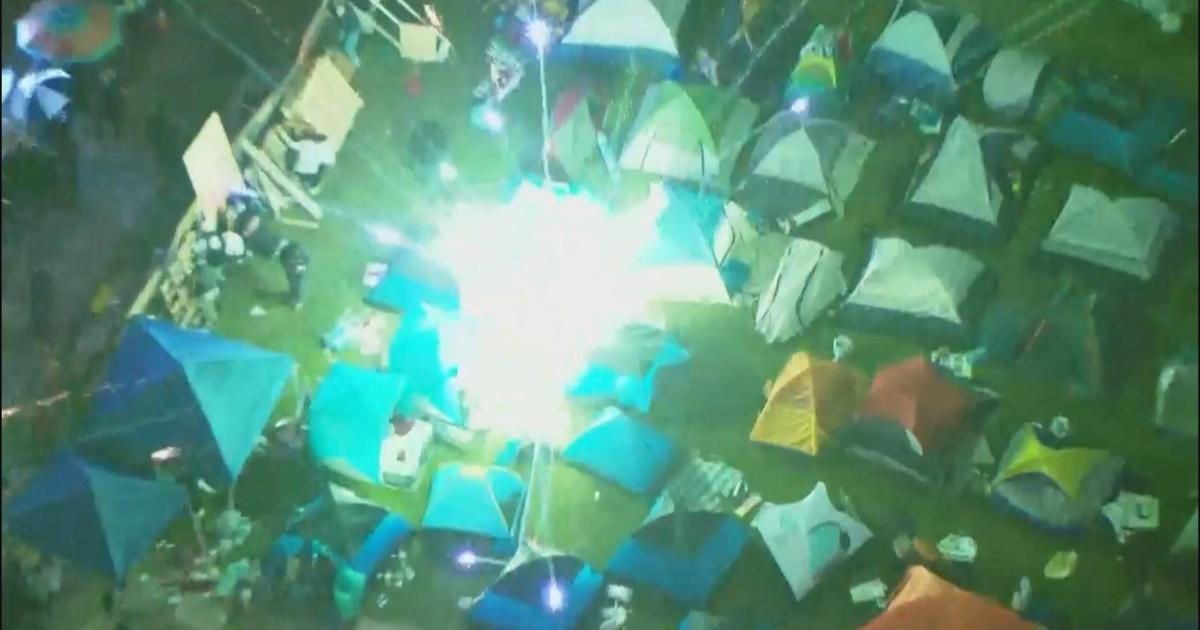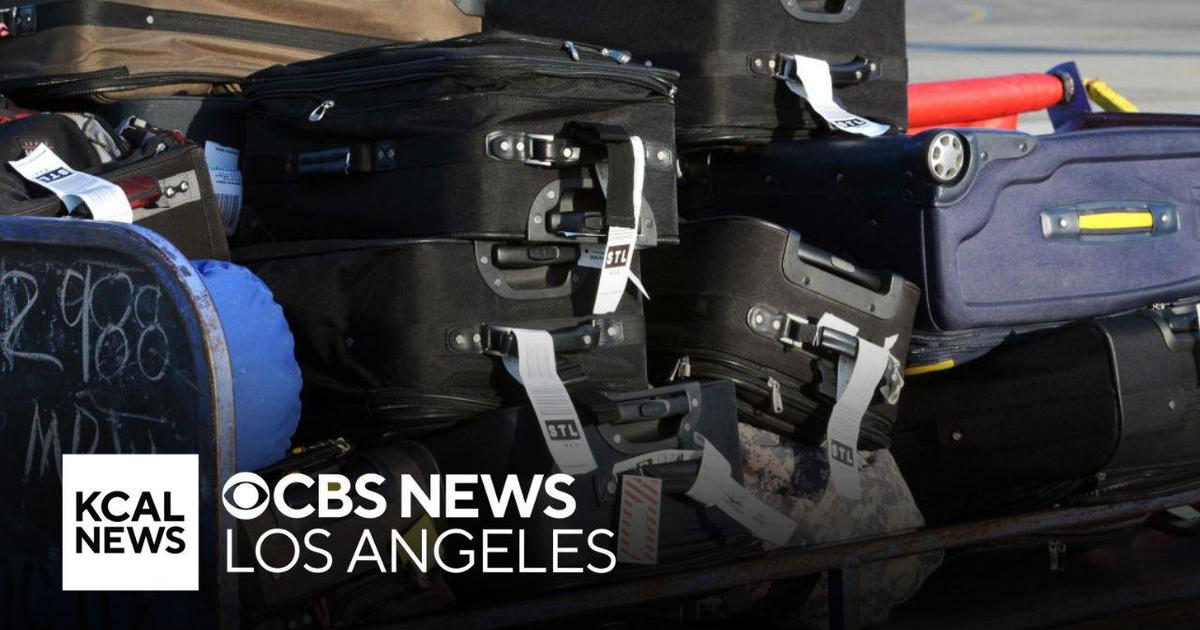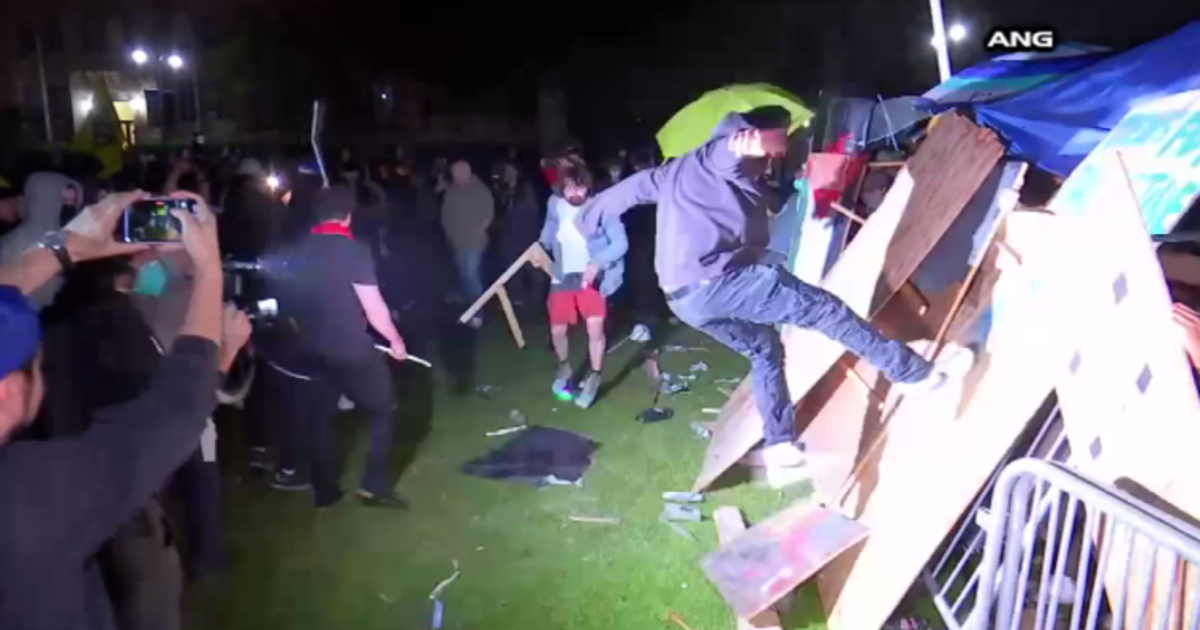Bill would make over-the-counter Narcan affordable through health insurance
SAN FRANCISCO -- City leaders in San Francisco on Monday published a new dashboard tool that details the number of accidental overdose deaths during 2023.
The data showed 563 total overdose deaths since January, 2023 with 84 overdose fatalities in August alone. It comes amid a renewed push to expand access to the overdose-reversal drug Narcan.
Legislation authored by Assemblymember Liz Ortega to require insurance companies to cover the cost of over-the-counter Narcan is just one step away from being signed into law by Governor Gavin Newsom.
The bill, AB 1060, seeks to encourage all households to include Narcan, or the generic version Nalaxone, to their first aid kits, as well as making it more accessible to users of opioids.
"Fentanyl is now the leading cause of fatal poisoning among children under five. My bill would give parents the tool they need to protect their kids," Ortega said in a press release.
San Francisco resident Michelle Reingold is one of those parents who is protecting their family from a potential accidental overdose. She has Nalaxone in her home first-aid kit along with staples like Band-Aids, gauze pads and allergy medications.
"iI's a safety precaution that I think is very important, especially since I have a three year old," Reingold told CBS News Bay Area.
She didn't seek out Nalaxone herself. After she broke her ankle in her backyard, she was given it along with a slew of painkillers – most of which contained opiates.
"They're very cautious about how much they give you and how to give it to you," Reingold said, describing the doctors who prescribed the medication. "But I had six different pill containers on my table. They're overly cautious just in case there was any overdose that could have happened, that my family was ready."
But even after her recovery, she doesn't intend to dispose of the Nalaxone. She says she plans to keep it as part of her first-aid kit permanently.
"[Paramedics] were in a rush. They wanted to get me out of there and their stuff," Reingold recalled. "I was in the hospital. I was like, 'Can someone go check to see if they left any trash in the backyard?'"
Her husband found a vial of fentanyl left in her backyard by the paramedics who administered it to numb the pain.
"Now imagine if the toddler had found it, because it still had residue," said Reingold.
After passing legislation that requires Narcan to be available for purchase over-the-counter, Ortega's latest legislation requiring private and public insurers to cover the cost is set to become law.
Laura Thomas is the director of harm reduction policy at the San Francisco AIDS Foundation. She says subsidizing the overdose-reversal drug benefits people beyond those actively using opioids.
"[This is] about peers, family members, friends, good Samaritans, neighbors, being equipped with Naloxone. And that's one of the reasons why we encourage everybody to carry Naloxone. Because you don't necessarily know who in your life may be using opioids," Thomas told CBS News Bay Area. "You don't know who may be vulnerable to an overdose. So it is a good thing to have in your first-aid kit. It's another thing to have on hand."
The legislation has faced industry pushback, with critics arguing it would cost insurers too much to cover the price of Narcan. But supporters say the estimated $9 million annual cost to insurers is a fraction of what the state pays every year for in emergency overdose response.
"This bill would save over 5,000 lives for a total of $9 million. If you do the math, that's $1800 per life saved," Ortega explained. "The average cost of an ER visit in California is $2,900. How many opportunities do we get to save 5,000 lives for only $1,800 each?"
For Reingold, it's another tool to keep herself and her family safe.
"In the city, it goes across all socio-economic barriers, racial barriers," she said. "It's everywhere. It's prevalent. I feel like you need it."



